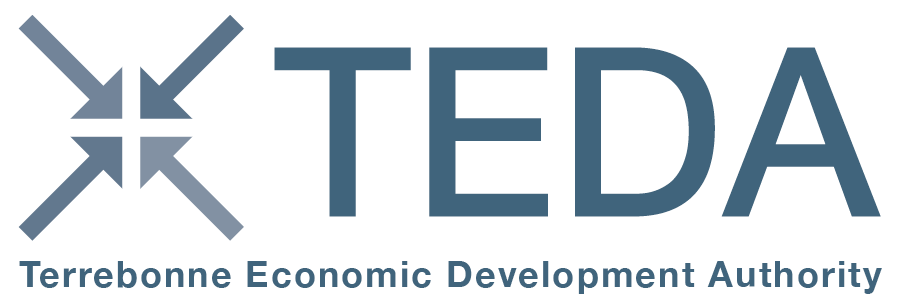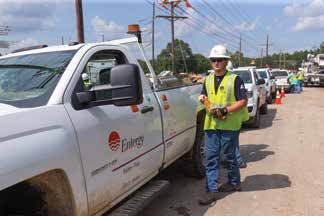The Terrebonne Economic Development Authority is moving forward with local development efforts, despite a downturn in revenue.
CEO Matt Rookard presented an overview of the quasi-governmental agency to the Parish Council Wednesday.
The agency was restructured in October 2015 after remaining dormant for about a year. Rookard was hired in 2016. It has a nine-member board and a three-member staff that handles economic development efforts for the parish, such as business recruitment and retention and workforce training.
Between 2016 and 2018, the organization has lost $450,000 from the parish, but that money has been used to pay for other economic development measures such as the dredging of the Houma Navigation Canal and the Schriever train station, Rookard said.
The cuts are in line with other cuts made parishwide due to declining tax revenues, he said.
The agency receives its money through a portion of fees collected through the occupational businesses in the parish.
Despite the cut, TEDA has been using reserve money to keep some operations growing, including organizational reviews, branding and strategic advertising.
When Rookard first took the job, the agency reviewed every detail as part of a larger organizational management.
There were some pretty significant issues, which were part of the reason why the agency was shut down, he said.
“It took a lot longer than I thought it was going to take, but I feel confident in where we are now,” Rookard said. “It was very important to me to start with a very good foundation from an organizational standpoint where you could not come back and look at TEDA and say we’re doing something wrong.”
In terms of branding, the group has created a new logo, a new website and a promotional video.
TEDA is working to become an inaugural member of the state’s retirement community certification program, Rookard said.
The agency is also working on a plan to create a sports tourism faction, called HT Sports, to recruit major sporting events around the parish.
HT Sports could take over operations of the long-awaited Bayou Country Sports Park, but no agreement to that effect has been officially proposed.
However, most of TEDA’s efforts are focused on business retention and expansion.
“Bringing in new business is nice, but keeping businesses from leaving is absolutely crucial,” Rookard said.
As far as new businesses, the parish faces the challenge of having a surplus of land, but at a higher ticket price and with very few spec buildings, he said.
To move TEDA forward, the agency will be asking for an increase in revenue next year.
“As we go forward, we have to start making decisions on whether we’re going to fund these types of programs or whether we’re just going to continue to do the business retention and responses,” Rookard said. “I’m proud of work we did, but if we had more resources, we will continue to do more.”
Many of the council members expressed support of the work TEDA is doing.
“We definitely need to invest in economic development, to the right amount,” Councilman Darrin Guidry said. “But not over invest. That might have been some of the faults of the previous TEDA.”
“I think you’re going to a great direction. I look forward to continuing supporting you and your efforts and your outstanding committee,” Councilwoman Arlanda Williams said.
Staff Writer Julia Arenstam can be reached at 448-7636 or julia.arenstam@houmatoday.com.






